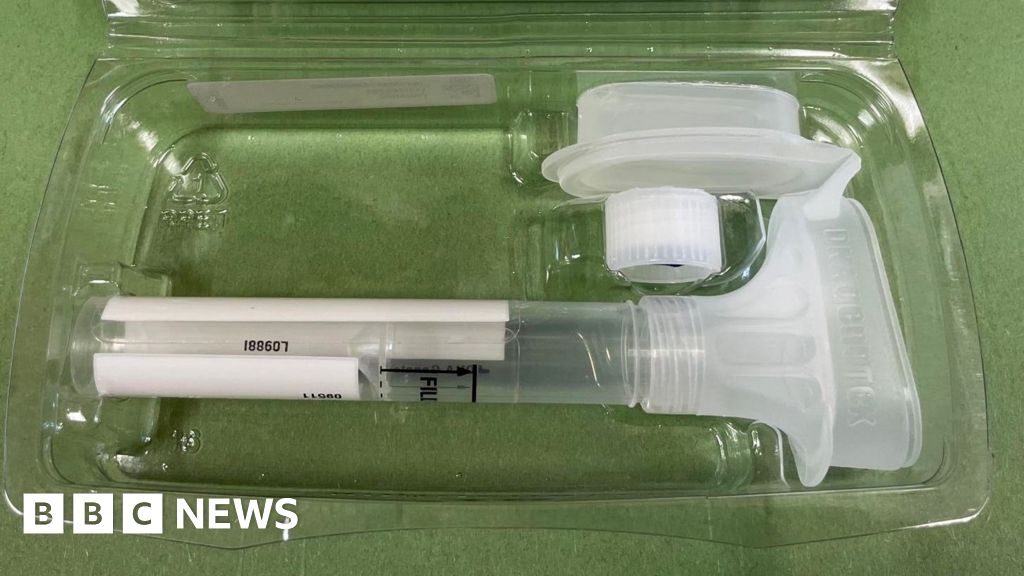
""With this test, it could be possible to turn the tide on prostate cancer," said Prof Ros Eeles, from the Institute of Cancer Research, London. "We can identify men at risk of aggressive cancers who need further tests and spare the men who are at lower risk from unnecessary treatments.""
"The saliva test analyses men's DNA to determine who has the greatest risk of developing prostate cancer, enabling targeted investigations that might uncover aggressive cases that would otherwise be missed."
A new saliva test developed by UK scientists could significantly improve prostate cancer detection by analyzing DNA for 130 mutations linked to cancer risk. Targeted investigations, including biopsies and MRIs, led to the discovery of aggressive cancers in men who may not have been otherwise screened. Currently unproven for life-saving capabilities, experts emphasize the test's potential to spare low-risk men from unnecessary treatments. Calls for regular screening have intensified following high-profile cases like Olympic cyclist Sir Chris Hoy's terminal diagnosis, though systematic implementation may take years.
Read at www.bbc.com
Unable to calculate read time
Collection
[
|
...
]